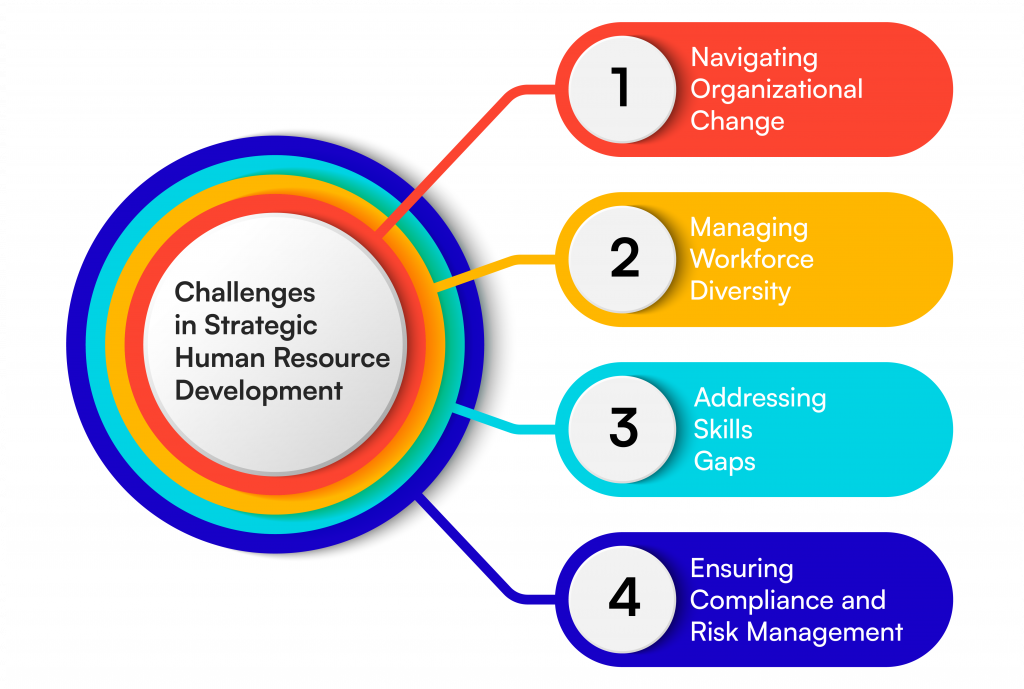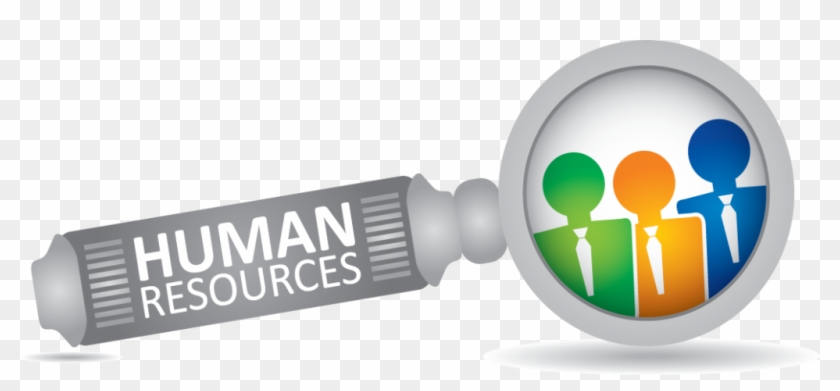
How can we help you today?
Registered Office
Infowan Technologies Pvt Ltd
Mumbai-401107. INDIA.
Contact Details
+91 98201 97205
+91 98201 26871
+91 98670 74415
support@infowan.net
info@infowan.net
|
Table of Contents
|
|---|
| What is HRM? |
| Importance of HRM Functions |
| 1. Human Resource Planning |
| 2. Recruitment & Selection |
| 3. Onboarding & Orientation |
| 4. Training & Development |
| 5. Performance Management |
| 6. Compensation & Benefits |
| 7. Employee Engagement |
| 8. Health, Safety & Wellbeing |
| 9. HR Information Systems |
| 10. HR Data & Analytics |
| 11. Succession Planning |
| 12. Compliance Management |
| Managerial Functions of HRM |
| Strategic Functions of HRM |
| Common Challenges in HRM |
| Future Trends in HRM |
| Conclusion |

The functions of HRM are the backbone of every successful organization. They determine how employees are recruited, trained, managed, and retained. Without effective HRM, even the best business strategies can fail because human capital is at the core of organizational success.
Understanding the functions of HRM helps managers and business leaders optimize workforce productivity, maintain compliance, and create a positive workplace culture. In this guide, we'll explain all the essential functions of human resource management in detail, showing how each function of HRM contributes to overall business performance. Whether you are an HR professional, manager, or business owner, mastering these functions of HRM is critical to building an efficient, motivated, and sustainable workforce. For small companies, using HR software for small business can simplify payroll, attendance, and employee management.
Human Resource Management (HRM) is the process of strategically managing an organization's most valuable asset—its people. HRM involves designing policies, implementing programs, and overseeing practices that ensure employees are aligned with business goals and contribute to organizational growth.
The functions of HRM have evolved significantly over the years. Traditional HR focused primarily on administrative tasks like payroll and attendance. Modern HRM goes far beyond this, incorporating strategic planning, employee development, technology-driven systems, and data analytics.
Strategic Focus: Aligning HR practices with organizational goals and objectives.
Employee Development: Investing in training and career growth opportunities.
Compliance Management: Ensuring adherence to labor laws and regulations.
Technology Integration: Using HRIS systems to streamline processes.
By understanding the function of human resource management , organizations can improve employee performance, increase retention, and create a workforce capable of meeting future business challenges. Every function of HRM now plays a critical role in shaping workplace culture, enhancing engagement, and ensuring legal compliance.

Understanding the functions of HRM is vital for organizational success. Effective HRM functions positively impact productivity, employee satisfaction, and overall business performance. Here's why the functions of human resource management matter:
Efficient HR functions ensure the right employees are in the right roles, maximizing their productivity.
By providing training, recognition, and career growth opportunities, HRM improves job satisfaction and morale.
HRM functions help organizations comply with labor laws, health and safety regulations, and industry standards.
Aligning HR functions with business strategy ensures that workforce planning supports company objectives.
Every function of HRM works together to create a structured, well-organized workplace where employees are motivated, engaged, and empowered to perform at their best.
The functions of HRM cover a wide range of responsibilities, all designed to manage human capital effectively. Here's a detailed look at each function:
Many organizations now use employee management systems to monitor workforce planning and optimize talent allocation.
Modern HR and payroll software makes recruitment faster and more efficient through AI-driven candidate shortlisting.

Using HRMS payroll software can automate onboarding checklists and track new hire progress.

The functions of HRM can be divided into three categories:
Strategic planning, HR policies, performance management, and workforce alignment with business goals.
Daily HR tasks such as recruitment, payroll, training, employee engagement, and performance tracking.
Guidance to management on HR policies, employee relations, compliance, and strategic decision-making.
Each category of function of HRM works together to ensure a balanced, efficient, and strategic approach to managing human resources.
Strategic HR functions focus on long-term organizational success:
By understanding these strategic functions of human resource management, companies can drive growth and maintain a competitive advantage in the marketplace.
Organizations often face challenges in implementing the functions of HRM effectively:
Upskill employees and adopt innovative recruitment strategies.
Stay updated with labor laws and implement HRIS solutions.
Provide training and demonstrate the benefits of HR technology.
Use surveys, recognition programs, and feedback systems to boost morale.
Addressing these challenges ensures the functions of human resource management contribute positively to organizational performance.

The functions of HRM continue to evolve with modern workplace trends:
Streamline recruitment, payroll, and performance management.
Tools for collaboration and tracking productivity in hybrid environments.
Tailor learning, benefits, and engagement programs to individual needs.
Use analytics to predict turnover, measure engagement, and optimize HR policies.
By adopting these trends, the function of human resource management becomes more strategic, efficient, and adaptable.
The functions of HRM are essential for building a strong, motivated, and productive workforce. From recruitment and training to performance management and compliance, each function of HRM plays a key role in organizational success.
Understanding the functions of human resource management allows businesses to improve employee satisfaction, retention, and productivity while aligning workforce strategies with business goals. Implementing these functions effectively ensures long-term growth, competitive advantage, and a positive work environment for all employees.
Book a Free Demo with InfowanHR today and discover how India's top-rated HR management software can transform your business.
Q1. What are the functions of HRM?
The functions of HRM include recruitment, onboarding, training, performance management, compensation, employee engagement, compliance, and succession planning.
Q2. Why are the functions of HRM important for organizations?
They help improve productivity, ensure compliance, enhance employee satisfaction, and align workforce strategy with business goals.
Q3. What is the difference between the function of HRM and HRIS?
The function of HRM refers to overall HR responsibilities, while HRIS is a technology system supporting HR tasks like payroll, attendance, and analytics.
Q4. How do HR functions impact employee engagement?
Functions like recognition, training, communication, and team-building increase motivation, morale, and retention.
Q5. What are the managerial, operative, and advisory functions of HRM?
Managerial functions involve strategic planning, operative functions manage daily HR tasks, and advisory functions provide guidance to management.
Q6. What are the key trends shaping the functions of HRM today?
AI, automation, remote work management, personalized employee experience, and data-driven HR decisions are major trends.
Q7. Can small businesses benefit from HRM functions?
Yes, even small organizations can improve productivity, employee satisfaction, and compliance by implementing HRM functions effectively.
Q8. What role does succession planning play in HRM?
Succession planning ensures future leadership continuity, prepares employees for key roles, and reduces disruptions during transitions.
Best HR Software in India | Top HR Software in India | What is an HR System? | Online HR Management Software | Best Payroll Software in India | Employee Payroll Management System | What is a Payroll System? | What is Payroll? | What is HRMS? | What is HR Management? | 7 Roles of HRM | What is Human Resources? | Top HR Interview Questions | What is HR? | HR Analytics Explained | What is HR Compliance? | Human Resource Management Guide | Best HRMS System | HR Management System Software | HR Software for Small Business | Best HRMS Employee Self Service | What are the Functions of HRM | Functions of HRM | Human Resource Accounting | Difference Between HRM and HRD | Best HRMS Software in India | Top HRMS Software in India | HRMS Companies in India | What is 3rd party payroll | Payroll Software list | What is payroll management in HR